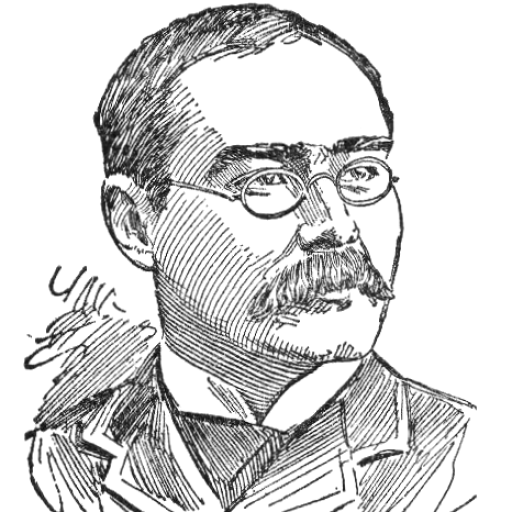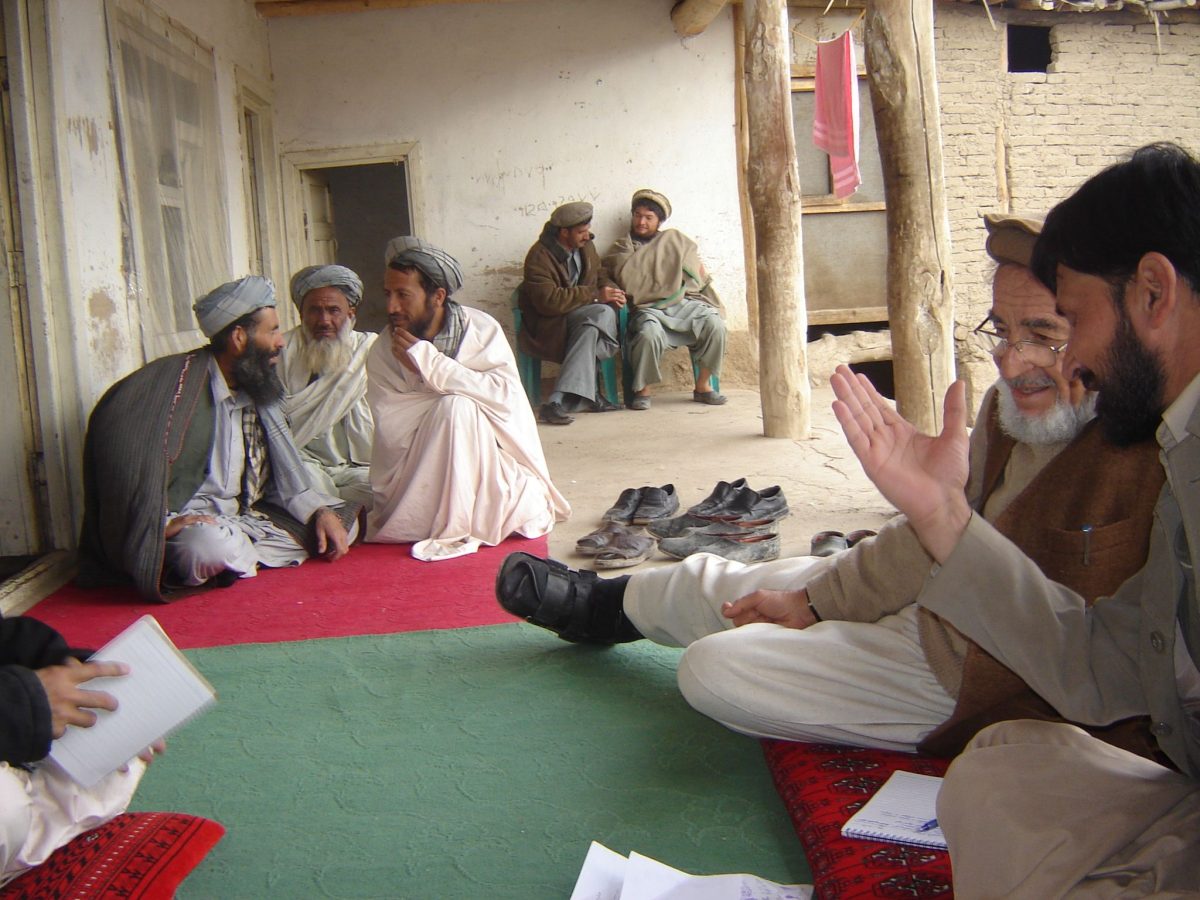And the talk slid north, and the talk slid south…
Afghanistan was of great interest and concern for the British in India. In the Nineteenth Century the expansion of the Russian Empire into Central Asia seemed inexorable. The Russians conquered what is now Kazakhstan, Uzbekistan, Turkmenistan, Kyrgyzstan and Tajikistan and made no secret of their ambition to possess Afghanistan and ultimately India. Thus it was a period of struggle between the British and Russian empires for the control of Afghanistan, for which Kipling popularised the name “The Great Game”. The three ballads in this section are different incidents in that “Great Game”.
Kipling never visited Afghanistan ( the closest he got was to wander a few miles up the Khyber Pass, until a tribesman took a potshot at hime). Yet he heard enough about Afghanistan from his military friends and from Mahbub Ali (the narrator of the ‘Kings Jest’) to capture the spirit of the country.
In the Islamic world, where theatre is frowned upon, its place has been filled by the professional storyteller. You may still find such storytellers recounting old tales where truth mixes with imagination and much embellishment, as they did around campfires since time immemorial.
Kipling enjoyed taking the role of such a tribal bard (as he has done ‘In the Neolithic Age’). This section contains two tales of folklore and adventure, which Kipling might have heard and set to verse, or made up of whole cloth – ‘The Ballad of the King’s Jest’ and ‘The Ballad of the King’s Mercy’, two stories about Abdurrahman, “The Iron Emir”, King of Afghanistan. The third, ‘The Ballad of East and West’, is based on a real incident.
I lived and worked in Afghanistan for several years (see the photograph above) and enjoyed listening to such stories.

